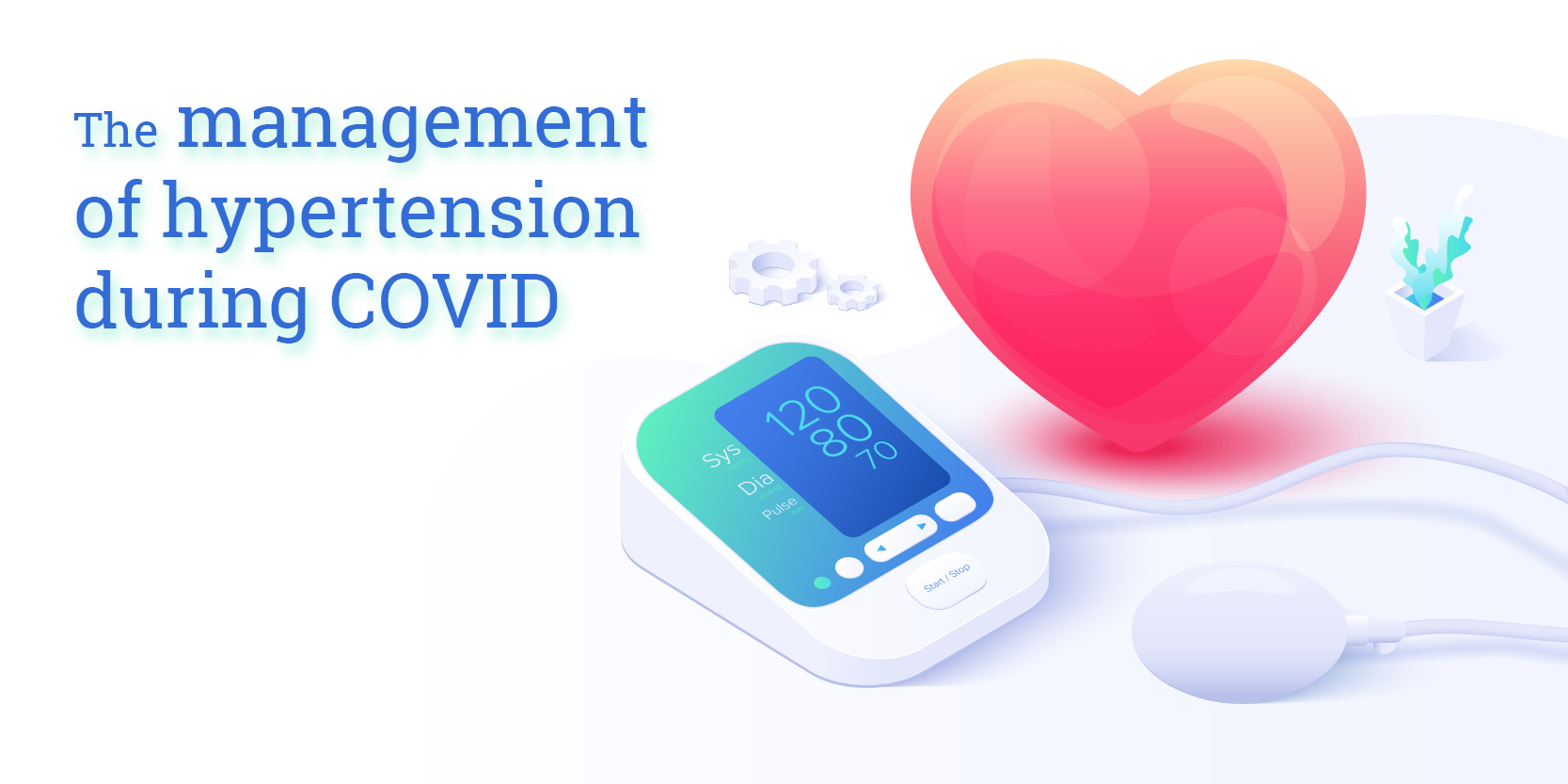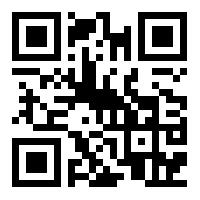The burden of Hypertension in India
Almost 1 in every 3 adults in India is reportedly suffering from hypertension accounting for approximately 31% prevalence. Unfortunately, a very low proportion of people with hypertension are aware of their condition as high B.P. usually does not cause symptoms and may remain undiagnosed for a long time until it causes complications.
Blood pressure screening
Screening is an easy way to unmask undiagnosed hypertension
Table 1: Screening of blood pressure in the general population| People with Age | Once a year | Every 2-3 years |
|---|---|---|
| ≥ 40 yrs | ||
| 18 to 39 yrs. with no risk factors | ||
| 18 to 39 yrs. with risk factors | ||
| Overweight / Sedentary Lifestyle | ||
| Family history of hypertension or heart disease | ||
| Smoking / Alcoholic |
COVID-19 illness and Hypertension- The need for caution
High blood pressure hardens the vessels over the years, thereby decreasing blood flow and oxygen to organs leading to serious complications such as heart attack, kidney damage, or stroke.
If a person gets infected by COVID-19, the coronavirus may
- Cause inflammation in the already weakened and frail heart muscle [myocarditis].
- Fever and inflammation accelerate the heart rate, increases the workload, and starves the heart of oxygen.
- Destabilize the plaque, break it which may block the artery resulting in a heart attack.
Management of hypertension during Pandemic
Depending on your high blood pressure reading, your hypertension may be classified as Elevated BP [Systolic 120-129 mm Hg], Stage 1 hypertension, or Stage 2 hypertension.
Your doctor may ask for other lab tests include urinalysis, blood cell count, blood chemistry (potassium, sodium, creatinine, total/HDL cholesterol), and an ECG (electrocardiogram) to evaluate your hypertension.
The management of hypertension includes pharmacological therapy, a healthy diet, a good lifestyle, and regular monitoring.
Diet and Lifestyle:
A healthy diet and regular physical activity increase immunity, controls body weight, and keeps the check on blood pressure.
- Avoid stress and have a good night’s sleep
- Have a diet rich in potassium, calcium, magnesium, fiber, protein and low in sodium [Table 2]
| Dos | Don’ts |
|---|---|
Consume
|
Reduce the saturated and total fat content |
| Drink water to Stay hydrated | Avoid sugary drinks Reduce salt intake Avoid Smoking Limit caffeine and alcohol consumption |
Self- management and Regular doctor consultation – way to go…
It is highly recommended to check blood pressure regularly, preferably a few times every week by using a home blood pressure monitor [A reading should be taken with a well-fitted pressure cuff after resting for about 5 minutes].
- Adhere to medication and follow diet and lifestyle intervention
- Keep a check on B.P. if you are on anti-depressants, hormonal birth control, cancer medications or taking corticosteroids
- Ask your doctor before taking certain medications that might increase BP
- Do not stop taking prescribed medications especially ACE-Inhibitors or ARBs (angiotensin-converting enzyme inhibitors or blocker) for management of high blood pressure
If there is a change in the reading, consult your doctor. The patient should use teleconsultation if a physical visit is not possible. At DocOnline, you can get a high-quality medical consultation from our experienced doctors, order lab tests online and order medicines that can be delivered at your doorstep.













